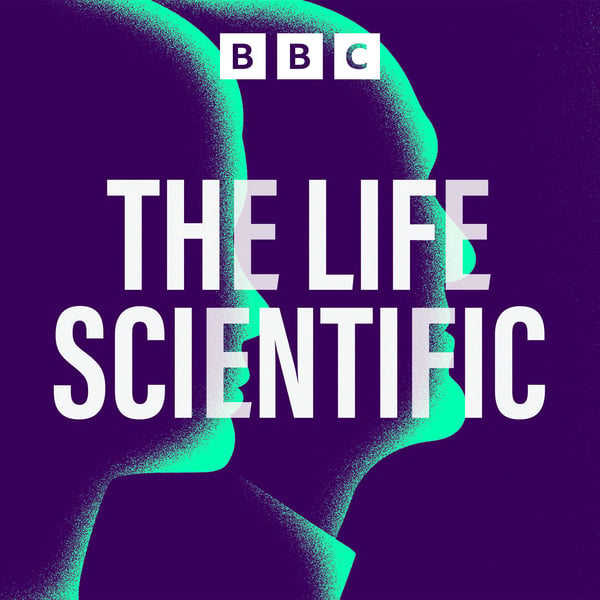Simon Wessely on unexplained medical syndromes
The Life Scientific
BBC
4.6 • 1.4K Ratings
🗓️ 14 February 2017
⏱️ 28 minutes
🧾️ Download transcript
Summary
Transcript
Click on a timestamp to play from that location
| 0:00.0 | This is the BBC. |
| 0:03.0 | Hello and welcome to the podcast of the Life Scientific. |
| 0:07.0 | First broadcast on BBC Radio 4. |
| 0:09.0 | I'm Jim Alleili and my mission is to interview the most fascinating and important scientists alive today |
| 0:16.4 | and to find out what makes them tick. |
| 0:20.4 | My guest today is a psychiatrist who spent his whole career arguing that mental and physical health are inseparable |
| 0:27.0 | and that the Cinderella status of mental health funding is a national disgrace. |
| 0:31.0 | His current role as president of the Royal College of Psychometrists |
| 0:34.6 | has given him a platform to bang the drum for parity of funding, the need to reduce stigma and |
| 0:40.0 | mental illness and better training for doctors. |
| 0:43.0 | Professor of Psychological Medicine at the Institute of Psychiatry, Psychology and |
| 0:46.9 | and Neuroscience, part of King's College in London, Sir Simon Wesley has always been fascinated |
| 0:51.5 | by those puzzling symptoms and syndromes |
| 0:54.0 | which can't easily be explained. |
| 0:56.0 | So it's perhaps inevitable that he'd find himself at the centre of research |
| 1:00.0 | trying to understand that distressing and debilitating condition, chronic fatigue syndrome or CFS. |
| 1:06.0 | Then, as soldiers who served in the first Gulf War returned home complaining of strange symptoms, |
| 1:12.0 | his research antennae began |
| 1:14.2 | twitching again because many of these symptoms sounded remarkably similar to |
| 1:18.5 | those he'd seen in his CFS patients and so began a long period of groundbreaking research into military health. |
| 1:25.3 | Simon Wesley welcome to the Life Scientific. Hello. Now last month the Secretary of |
| 1:31.2 | State for Health Jeremy, quoted you as saying that we had some of the best |
... |
Please login to see the full transcript.
Disclaimer: The podcast and artwork embedded on this page are from BBC, and are the property of its owner and not affiliated with or endorsed by Tapesearch.
Generated transcripts are the property of BBC and are distributed freely under the Fair Use doctrine. Transcripts generated by Tapesearch are not guaranteed to be accurate.
Copyright © Tapesearch 2025.

